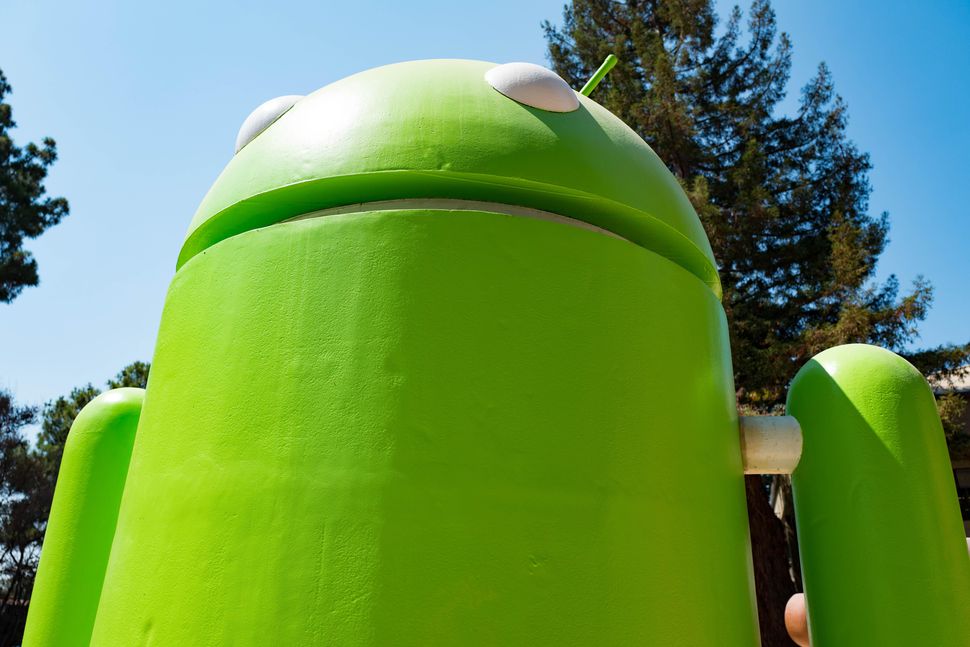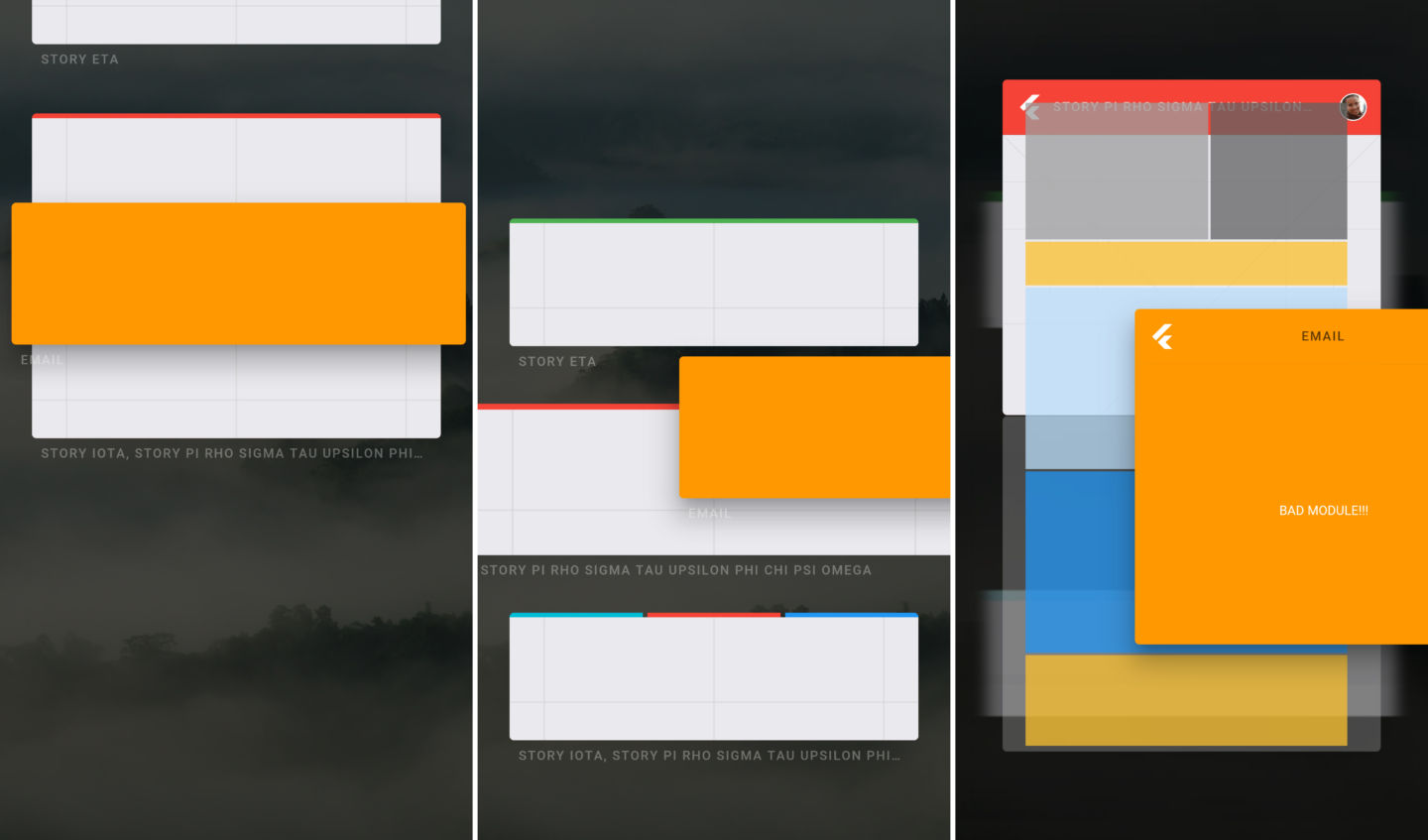Why it matters: Android has served as a venerable mobile OS for nearly a decade but its days could be numbered. Moving away from it (and Chrome OS) may seem asinine given their penetration and brand recognition but it could make a lot of sense as a long-term play.
Google has quietly been working on a new operating system called Fuchsia for more than two years. The internal project, which aims to one day replace Android and Chrome OS, has been picking up steam with more than 100 people now working on it according to Bloomberg.
With Fuchsia, Google could look to right a lot of things it got wrong with Android a decade ago and distance itself from conflict. The European Commission earlier this week slapped Google with a $5 billion fine for antitrust violations related to Android.
The OS is reportedly being designed to better accommodate voice interactions and frequent security updates. Google would also like it to have a uniform look and feel, making it suitable for deployment across a wide variety of connected devices.
It could also give Google the opportunity to regain some of the control it has given to device makers and wireless carriers over the years. Device makers don't have much of an incentive to push out updates today as they'd rather you simply buy new hardware. Carriers have their own set of priorities.

Addressing Android's abysmal fragmentation issues and bringing OS adoption in line with iOS certainly has to be appealing to Google. As of May, Android 8 Oreo's distribution sits at just 5.7 percent while more than 80 percent of iOS devices are running the latest version, iOS 11.
It's clear that Fuchsia is more than just a side project at this point but whether or not it'll evolve into Android's successor is still up in the air. Some internal debates over design, deployment and privacy still need to be hammered out, sources say, and some believe it may be little more than a ploy to keep veteran coders who like a challenge on the payroll. One person that has talked with Fuchsia staff said it's "a senior-engineer retention project."
Google's official stance on the matter is that it views open-source experiments like this as an investment in innovation - nothing more, noting less at the time. Fuchsia is said, however, to have the support of Google CEO Sundar Pichai.
Assuming Fuchsia was to graduate to something serious, one shouldn't expect it to replace Android and Chrome OS overnight. A slow transition would likely be in order, in part to properly acquaint customers with the new OS and to reduce the shock and instances of incompatibility that would surely arise with a sudden shift.

Android and Chrome OS are based on Linux but Fuchsia uses a different kernel called Zircon (formerly known as Magenta). As such, there could be some compatibility issues on devices that run today's operating systems.
Sources tell Bloomberg that engineers would like to see Fuchsia on connected home devices like voice-controlled speakers within the next three years before eventually moving to larger machines like laptops. A full transition to Android, ideally, would happen in the next half decade, one source said.
